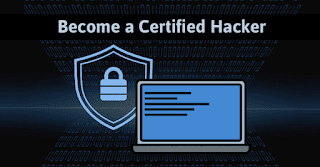My X Account @SolarEnergyMaps Was Hacked and Locked by an Authenticator App — 10 Days Later, Still No Help
Ten days ago, my X (formerly Twitter) account was hacked. The attacker added an authenticator app I don’t control, changed the email address, and effectively locked me out of my own account. Despite filing multiple support requests, I still haven’t received a single response from X customer service. This ongoing silence is frustrating and deeply concerning.
How the Hack Happened
The attack occurred without warning. I was logged out of my account, and when I attempted to log back in, I was prompted for a two-factor authentication (2FA) code from an app I had never set up. It was clear that the hacker had enabled a new authenticator app and locked me out completely.
The Recovery Process (Or Lack Thereof)
I followed the official protocol:
- Submitted the X Account Access Form
- Detailed my account handle, original email, and the nature of the hack
- Requested assistance specifically because I could not generate the 2FA codes
I have filed several emails and support tickets without any response. Not even an automated confirmation. It feels like I'm shouting into a void.
Why This Is a Big Problem
- 🔒 Lost Access to Important DMs and History: Years of communication, followers, and posts are now out of reach.
- 📉 Business Impact: If your account is tied to your brand or business, the loss can result in lost revenue or reputation damage.
- ⛔ No Clear Support Channel: X offers no phone number, no live chat, and no guaranteed response timeline.
Is There Any Way to Escalate?
Currently, there are limited options to escalate the issue:
- Re-submit the form using a different email address
- Tag @XSupport publicly in a post explaining your situation (results may vary)
- File a complaint with the FTC if your account is tied to business or financial activity
Protecting Yourself in the Future
This experience has been a wake-up call. To protect your online presence, consider:
- Using strong, unique passwords with a password manager
- Setting up 2FA yourself before hackers can
- Linking your account to a backup recovery method (phone/email)
Conclusion: X Needs Better Support
It’s unacceptable that users with legitimate, documented hacking cases can be ignored for more than 10 days. While X claims to support free speech and online expression, the complete lack of customer service for hacked users is alarming.
If you're facing the same issue, you’re not alone. Unfortunately, right now, all we can do is keep submitting forms and hope for a response that may never come.
Have you had a similar experience? Share your story, tag @XSupport, and help raise awareness about the need for reliable support on one of the world’s biggest platforms.








